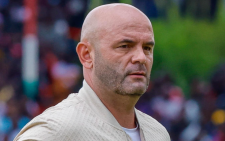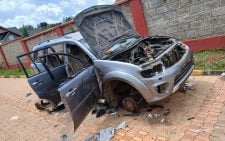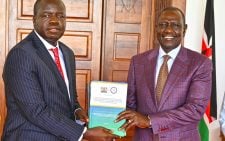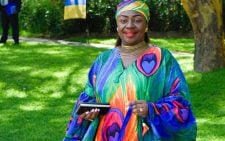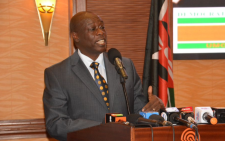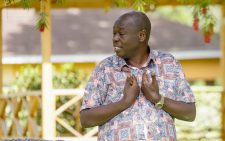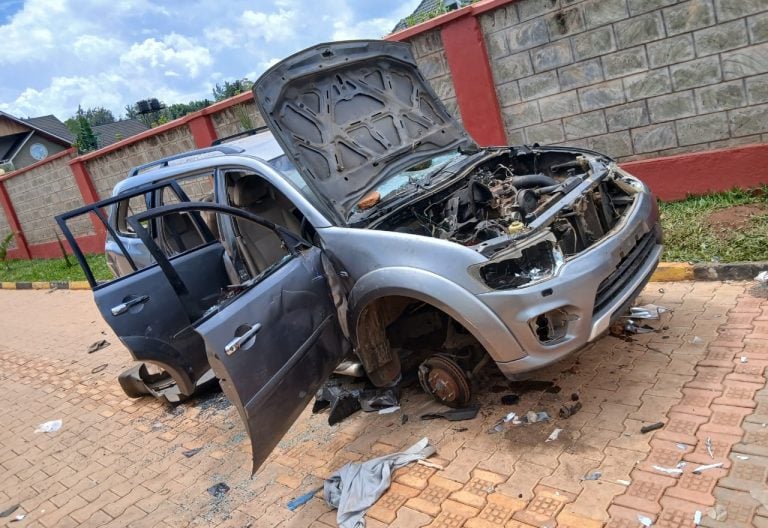Parents challenge in quest for treatment of disabled children
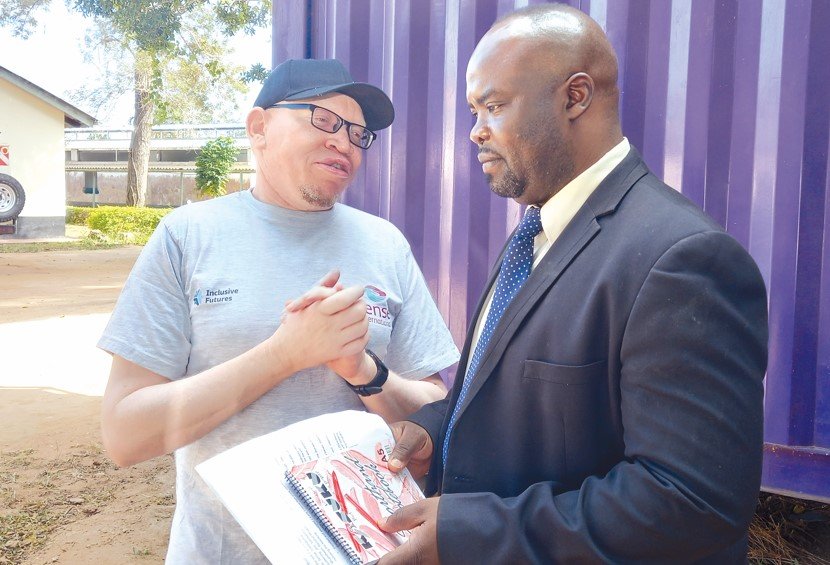
In the serene landscapes of Kwale county, amidst its vibrant culture and warm community spirit, lies a poignant reality often hidden from the casual observer: the daily struggles of parents raising children with disabilities.
In this coastal county, where the azure waters of the Indian Ocean meet the lush greenery of the Kwale hinterlands, families grapple with profound challenges that go beyond the idyllic facade.
With limited resources and often inadequate support systems, Kwale’s parents navigate a labyrinthine path to provide love, care and opportunities for their beloved children with disabilities.
This journey is marked with resilience, determination, and an unwavering commitment to ensure their children can live meaningful lives in the face of daunting odds.
For these parents, the journey begins with the daunting task of overcoming stigma and seeking proper medical care.
Many must learn to escape the community’s alienation and travel long distances in search of better treatment for their children’s conditions.
In rural areas, such facilities to provide special treatment for disabilities are scarce, forcing families to endure exhausting journeys often at great expense.
Financial strain and continued community stigma exacerbate their plight. In a region where poverty is prevalent, the costs associated with medical consultations, therapies, and specialized equipment are burdensome.
At Kwale Hospital, we meet Amina, not her real name, who has brought her sick child for therapy. Although an NGO supports her with the child’s treatment, raising her remains incredibly challenging.
Amina’s child, now four and a half years old, suffers from Down Syndrome. As a single mother and orphan, Amina faces daily difficulties in caring for her child.
“I appreciate the support I receive now, but don’t be fooled—raising a child with a disability is far from easy,” she says, her voice wavering as tears well up.
Amina struggles to maintain her composure, but her face reveals the depth of her pain.
She describes the challenges of feeding and caring for her child alone as overwhelming. She said the strain of her child’s disability has not only cost her marriage but also led to her being ostracized by the community.
Amina says that people often associate her son’s condition with witchcraft or a bad bloodline. This has been compounded by public mistreatment; some individuals look at her with suspicion and even accuse her of using the child to gain wealth through dark powers.
“Imagine you’re in a matatu and overhear someone speaking negatively about you and your child. It feels like a living hell, but there’s nothing you can do,” she said.
Amina said her life is marked by frequent hospital visits due to her child’s fragile health, which requires constant special attention.
She said that many of her nights are filled with tears because sometimes, she just can’t bear it. Amina said that watching her baby fail to grow normally is a pain that only a parent can truly understand.
Before receiving support, Amina often struggled to find money for her child’s medication and sometimes couldn’t afford even a single penny.
She said it was especially painful when her child was sick and she had no money to take her to the hospital.
This experience is no different for Halima also not her real name. She has endured deep wounds from insults, intimidation, and negative gossip spread by some community members.
Her child suffers from cerebral palsy, a congenital disorder affecting movement, muscle tone, or posture. It results from abnormal brain development, typically occurring before birth.
She faced harsh accusations, including the claim that she had “sacrificed” her child to become rich, with statements like, “Amechira mtoto wake, amemtoa kafara ili awe tajiri” (She has sacrificed her child to become rich).
In the Mijikenda language, “Chira” refers to a child’s illness associated with infidelity, but health officials identify the condition as severe malnutrition.
Halima said taking care of a PWD child involves significant responsibilities and numerous challenges accompanied by societal neglect.
She said sometimes people are unwilling to share a seat with her sick child in a matatu or tuk-tuk.
Halima explained that therapies and treatments for disabled children are lifelong and must be continued throughout their lives.
She noted that due to severe economic constraints, many parents, particularly jobless mothers like her, struggle to provide the necessary care.
Public hospitals, though beneficial, are often overcrowded, leading to inadequate therapy for the child.
She said private hospitals offer better care but are very expensive.
Halima also highlighted the high cost of transportation, noting that transporting the baby to therapy three to five times a week is extremely challenging.
“The PWD children cannot support themselves. You have to hire a motorbike, or vehicle and sometimes carry them on your back to the hospital,” she said.
In 2020, the Kwale county government and Sense International Kenya partnered to launch a three-year program called Sense to support children with disabilities where Amina and Halima’s children are beneficiaries.
At least 55,000 children with multiple complex disabilities have benefited. Of these, 180 children received full sponsorship, including free treatment, therapy, and assistive devices for body support, vision, and audiology.
The programme is being implemented in Msambweni County Referral and Kwale sub-county Hospital.
It is the first program to provide screening and audio-visual services for children aged 0-4 years in public hospitals, thereby saving the lives of thousands of children in the county.
Sense International Program Manager Daniel Musango said that the project is being implemented in Garissa and Kwale counties due to their high poverty and disability rates.
He noted that early screening clinics have been established in each county to support children with severe disabilities and ease the burden on parents seeking quality health services.
“The program is designed to provide early interventions and manage issues before they escalate,” Musango said.
The children receive care for conditions such as cerebral palsy, Down Syndrome, impaired vision, and hearing loss, with a primary focus on deaf-blindness.
